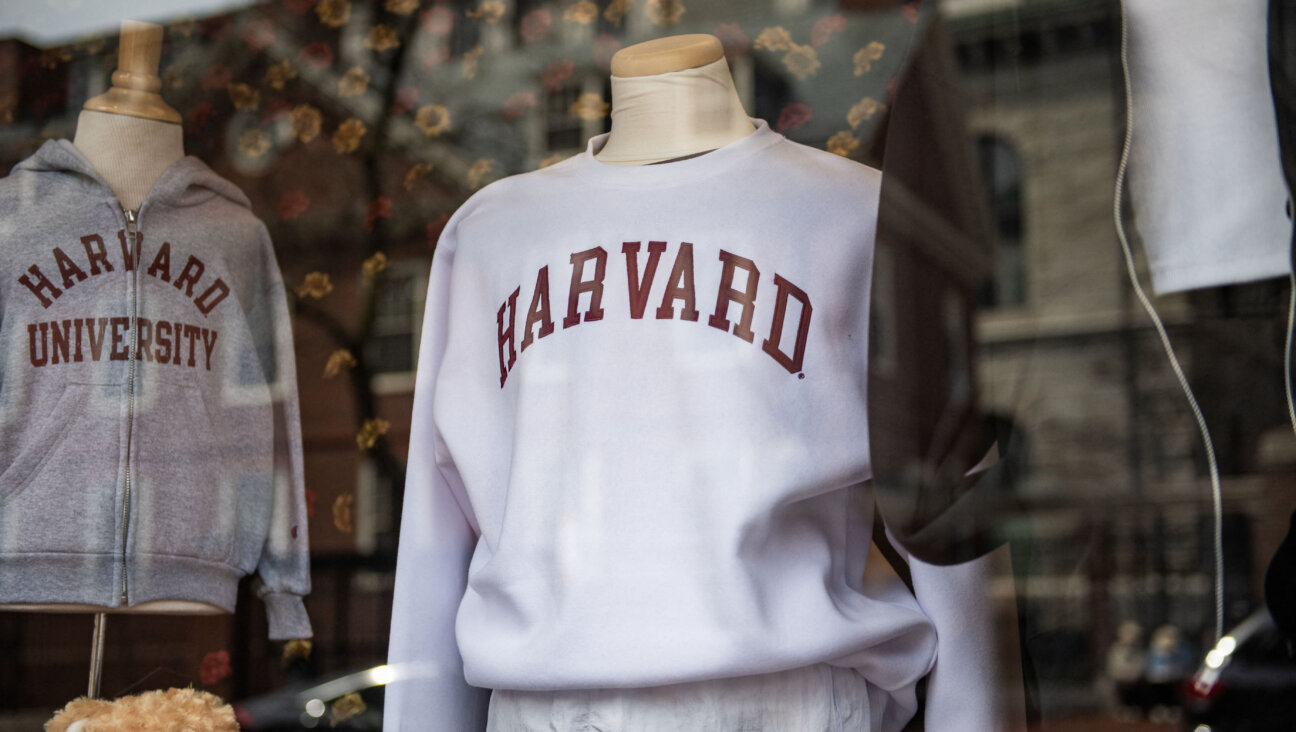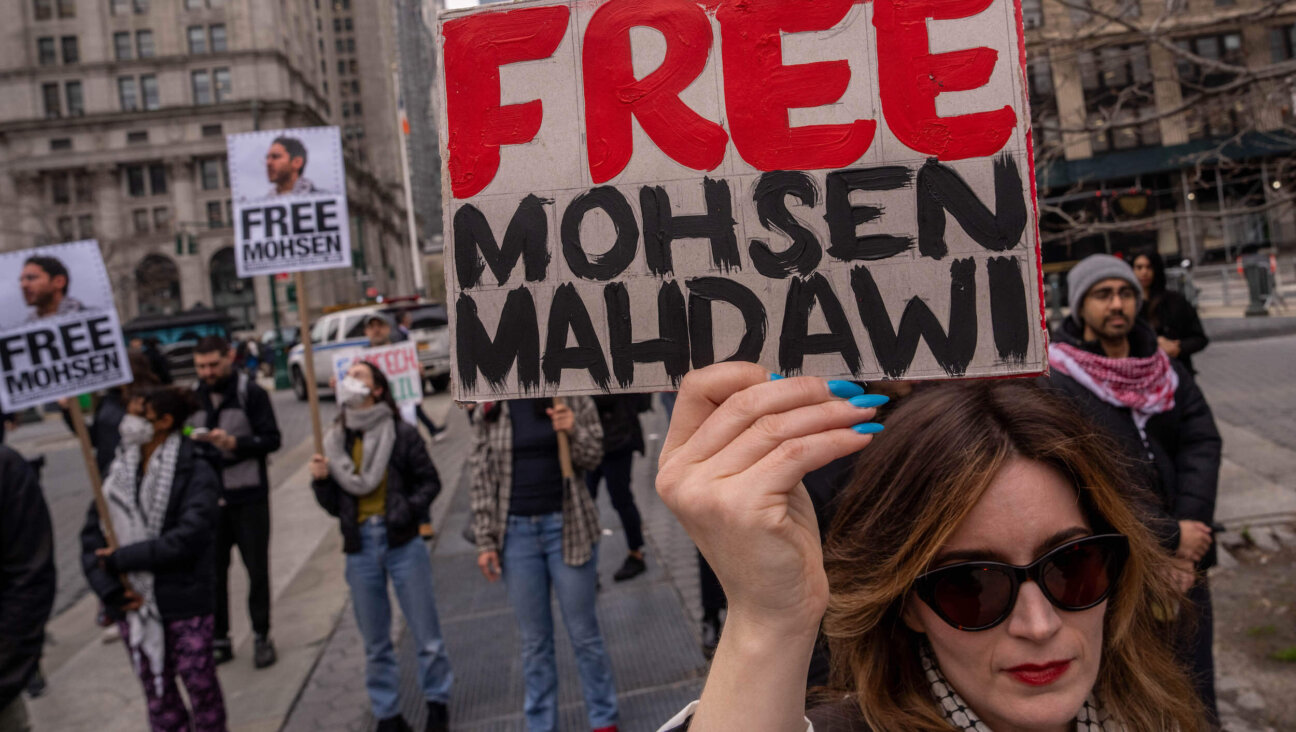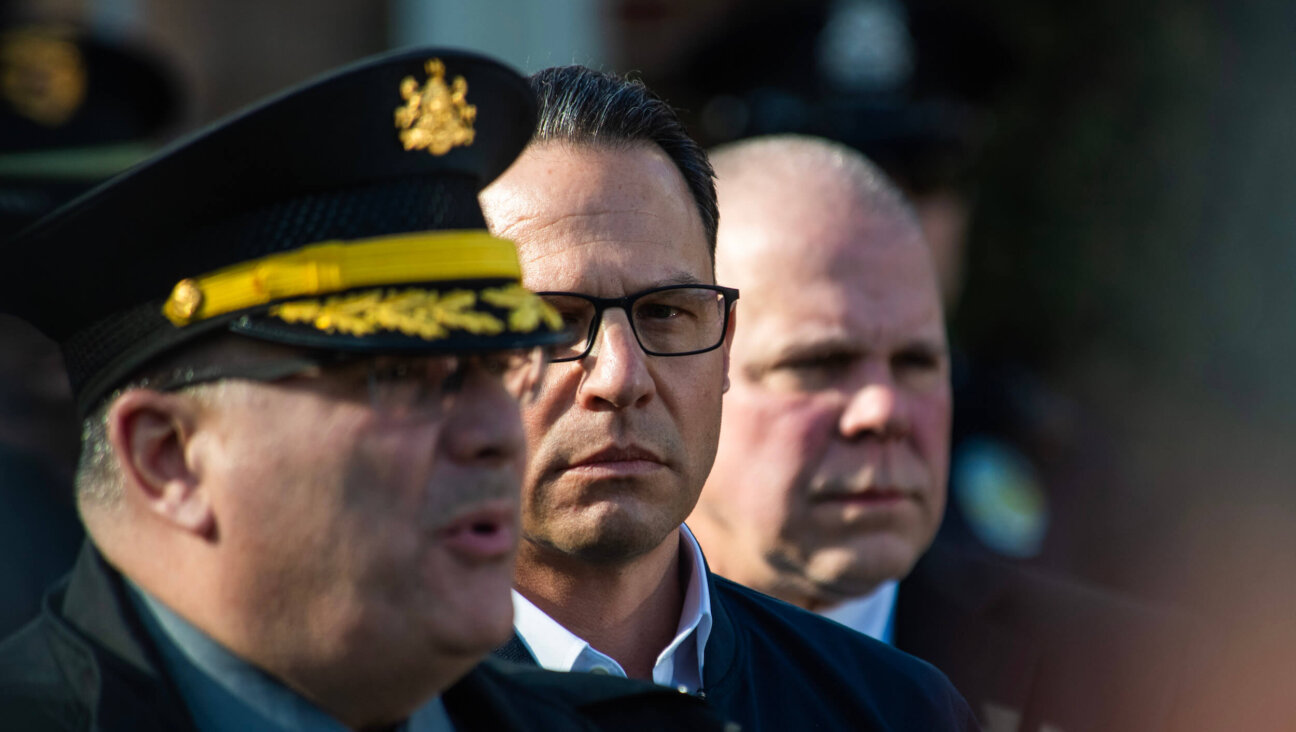The Gift of Freedom
Most of us seldom give much thought to the Fourth of July. It’s one of the most important holidays on our national calendar, one of the very few that is observed simultaneously by all Americans without regard to faith, origin or regional whim. It is, some say, the only holiday specifically dedicated to celebrating this nation. For all that, we mostly celebrate with barbecues or trips to the beach. If we seek some holiday spirit, we might watch a parade or catch some fireworks. A few of us might even get to thinking — some joyfully, others with mixed feelings — about patriotism, the flag or our soldiers overseas.
But there is much more to Independence Day. This year in particular, it’s worth taking time to sit and recall why we celebrate. This is the anniversary of the ratification by the Continental Congress of the Declaration of Independence, proclaiming the United States a free and independent country. On this day the Congress decided — for the first time in history, so John Adams stated recently on HBO — to create a new nation where none existed, as a deliberate experiment in democracy, human dignity and freedom. On this day Congress signed the document declaring its decision to the world and spelling out the principles it meant to protect and the factors driving it to this extreme.
It’s worth taking time this July 4 to reread the old document, all the way to the end. Most of us remember the soaring principles that the Founders meant to advance: the inalienable rights to life, liberty and the pursuit of happiness, and the notion that governments existed to protect these rights — and had no right to exist independent of that obligation.
Most of us barely remember the rest — the litany of offenses against Americans that rendered King George III unfit to rule them. It’s worth reading them, perhaps aloud, so that we can remind ourselves of the founding principle that governments have no rights — only obligations to the citizen.
It is a powerful, angry list with a strikingly contemporary tone. Here are some of the king’s crimes:
He has refused his assent to laws… necessary for the public good…
He has affected to render the military independent of, and superior to, the civil power…
He has combined with others to subject us to a jurisdiction foreign to our Constitution…
For quartering large bodies of armed troops among us;
For protecting them, by a mock trial, from punishment for any murders which they should commit on the inhabitants of these states…
For transporting us beyond seas, to be tried for pretended offenses;
For abolishing the free system of English laws in a neighboring province, establishing therein an arbitrary government…
It’s particularly worthwhile rereading the declaration in this election year. It speaks to us. It reminds us how precious a gift the Founders bequeathed us, and how close we have come to losing it.
The Forward is free to read, but it isn’t free to produce

I hope you appreciated this article. Before you go, I’d like to ask you to please support the Forward.
Now more than ever, American Jews need independent news they can trust, with reporting driven by truth, not ideology. We serve you, not any ideological agenda.
At a time when other newsrooms are closing or cutting back, the Forward has removed its paywall and invested additional resources to report on the ground from Israel and around the U.S. on the impact of the war, rising antisemitism and polarized discourse.
This is a great time to support independent Jewish journalism you rely on. Make a Passover gift today!
— Rachel Fishman Feddersen, Publisher and CEO
Most Popular
- 1

News Student protesters being deported are not ‘martyrs and heroes,’ says former antisemitism envoy
- 2

Opinion My Jewish moms group ousted me because I work for J Street. Is this what communal life has come to?
- 3

News Who is Alan Garber, the Jewish Harvard president who stood up to Trump over antisemitism?
- 4

Fast Forward Suspected arsonist intended to beat Gov. Josh Shapiro with a sledgehammer, investigators say
In Case You Missed It
-
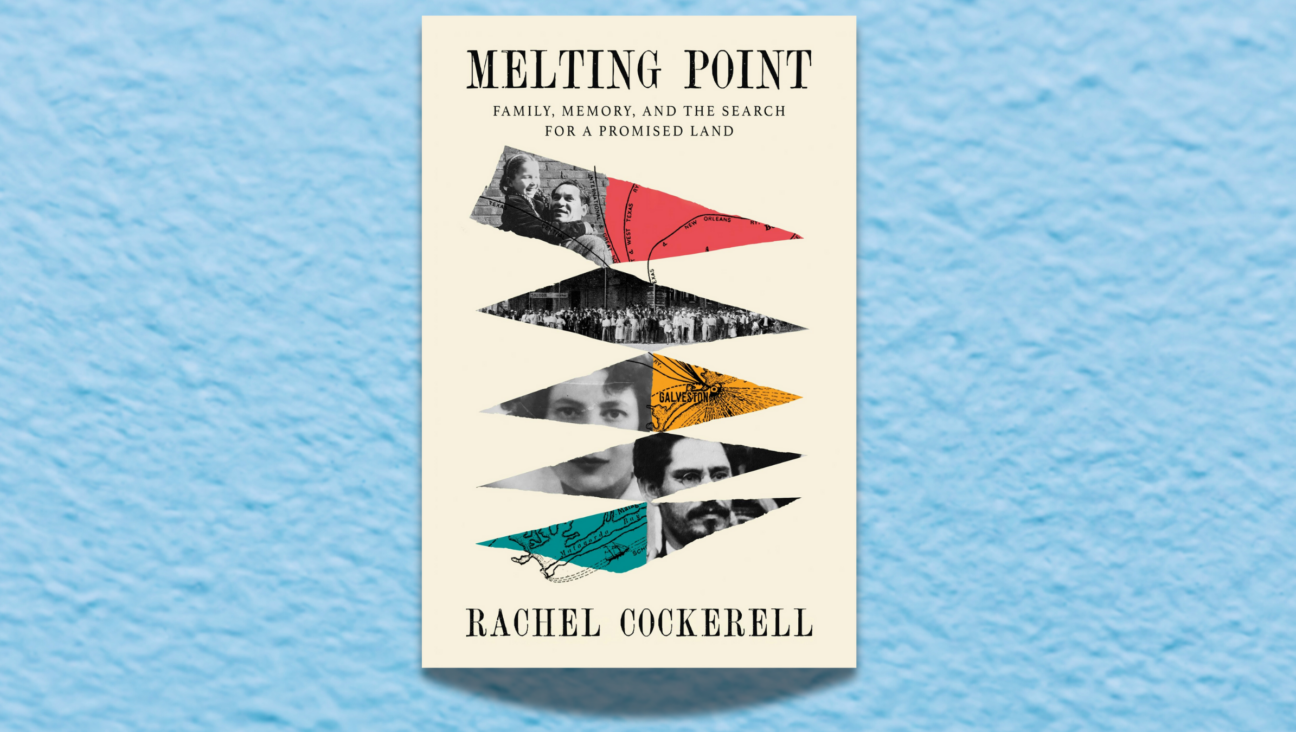
Books What is ‘Zionism without Zion?’ New history asks, but can’t answer
-
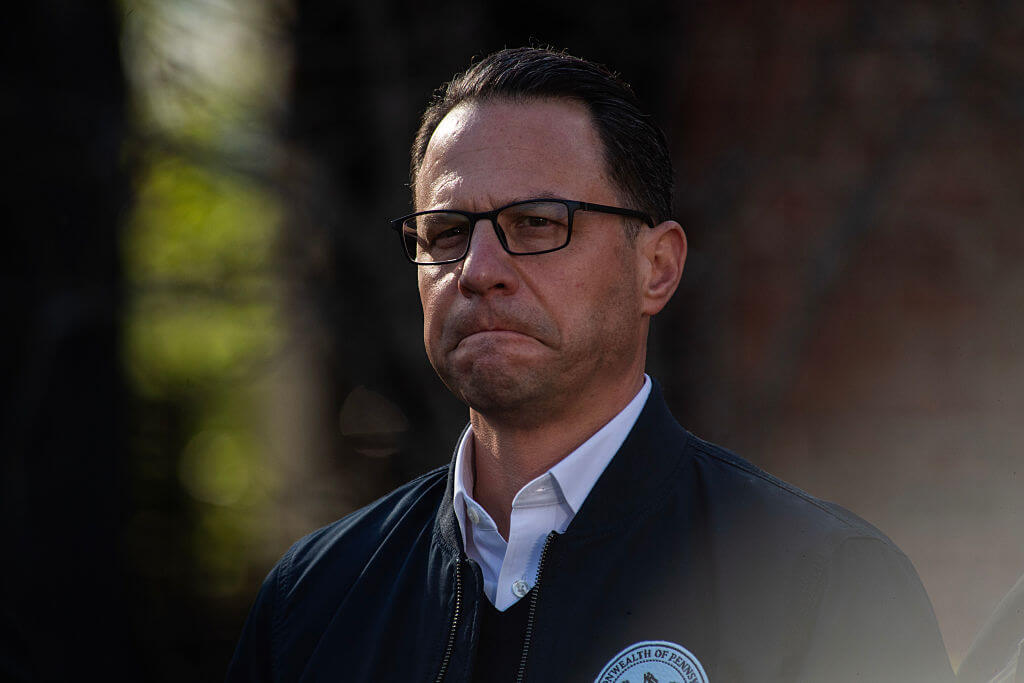
Fast Forward Shapiro recites Priestly Blessing given to him by fire chaplain after Passover arson
-
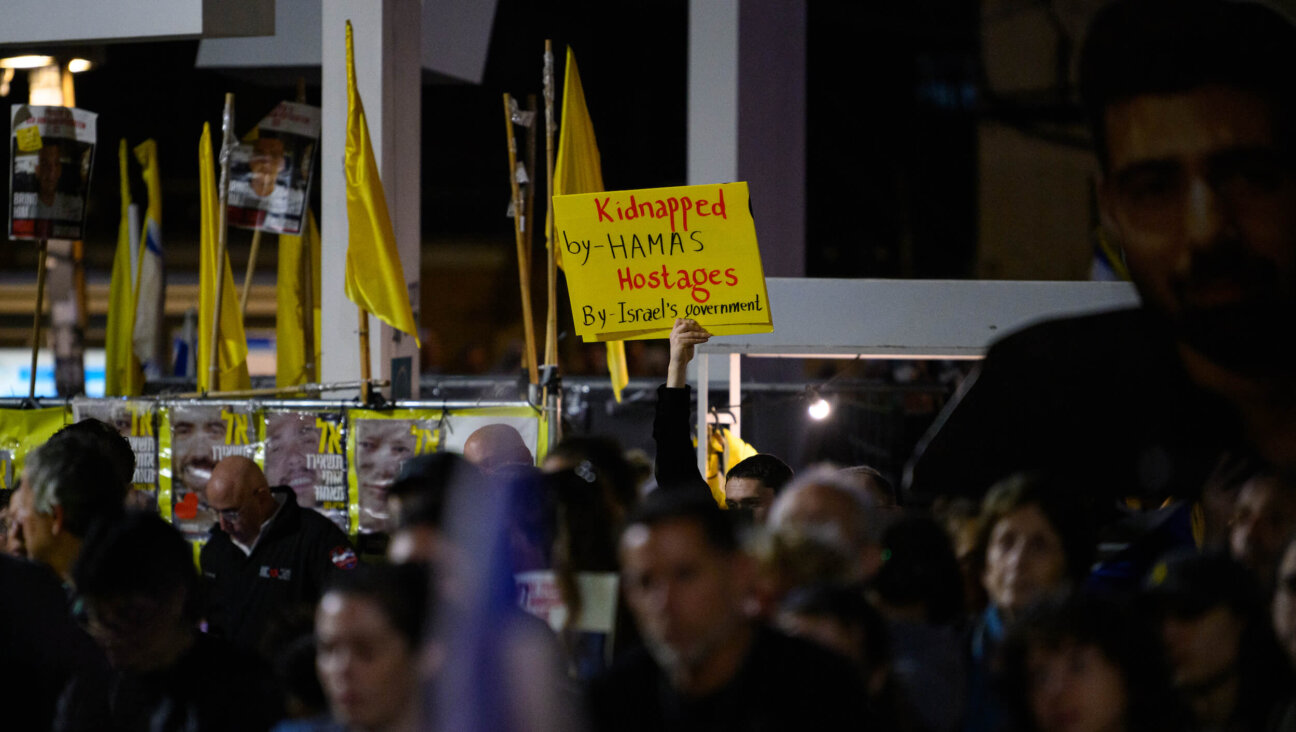
Opinion Israel just threw another wrench in the peace process — and possibly doomed the last hostages
-

Culture In the new Fantastic Four trailer, a glimpse of Yancy Street’s Yiddishkeit
-
Shop the Forward Store
100% of profits support our journalism
Republish This Story
Please read before republishing
We’re happy to make this story available to republish for free, unless it originated with JTA, Haaretz or another publication (as indicated on the article) and as long as you follow our guidelines.
You must comply with the following:
- Credit the Forward
- Retain our pixel
- Preserve our canonical link in Google search
- Add a noindex tag in Google search
See our full guidelines for more information, and this guide for detail about canonical URLs.
To republish, copy the HTML by clicking on the yellow button to the right; it includes our tracking pixel, all paragraph styles and hyperlinks, the author byline and credit to the Forward. It does not include images; to avoid copyright violations, you must add them manually, following our guidelines. Please email us at [email protected], subject line “republish,” with any questions or to let us know what stories you’re picking up.





